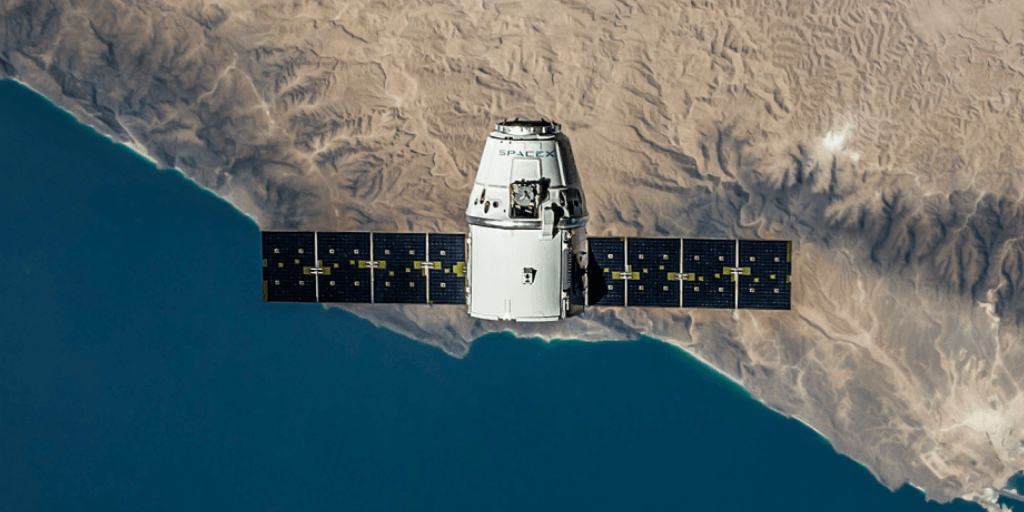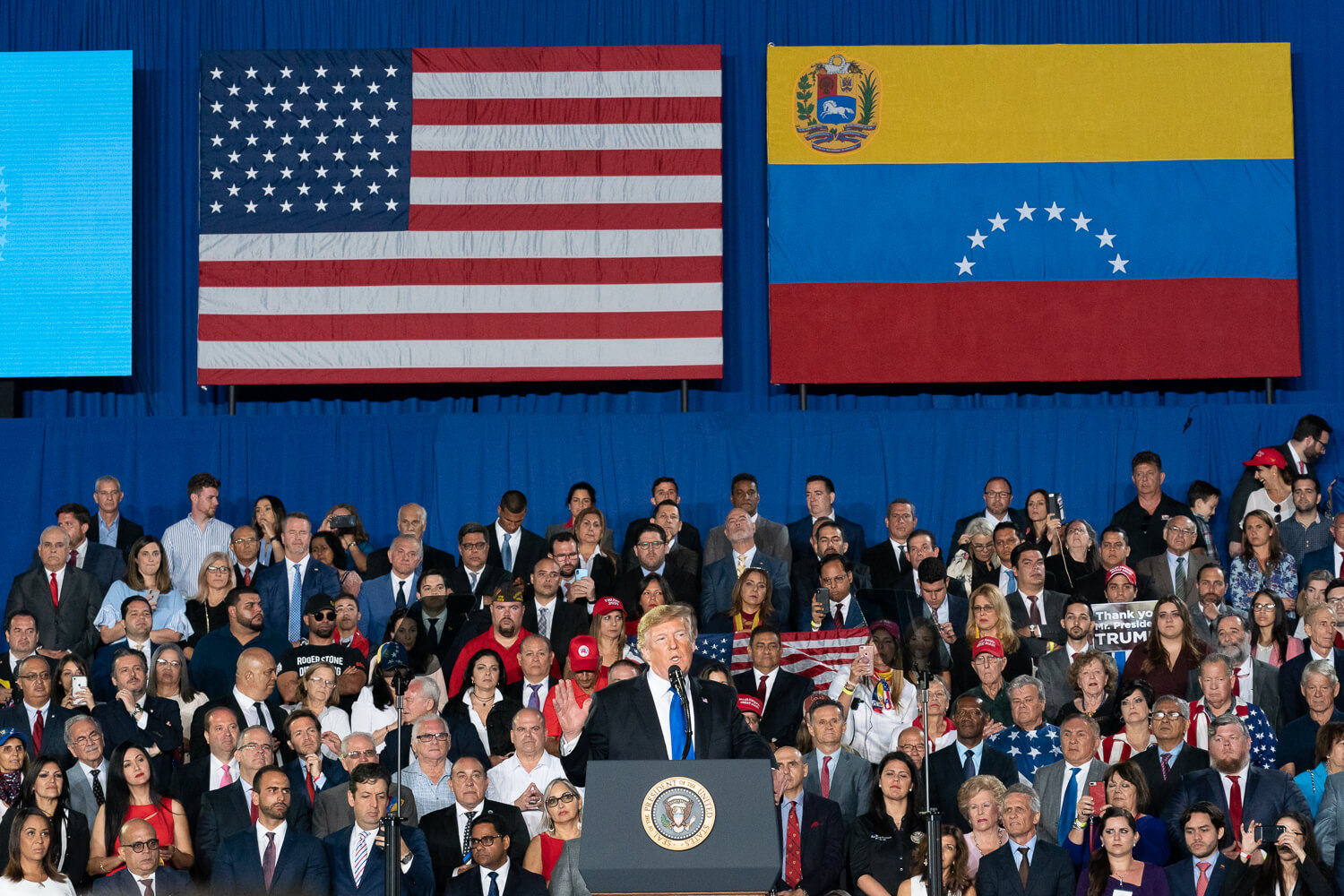Strategic Alert on Quantum Technology and Biotechnology
Quantum technology and biotechnology are key emerging technologies that are having a growing impact on security and defense. How can the Netherlands and the EU leverage these emerging technologies in efforts to strengthen (inter)national security? What potential challenges do these crucial technologies pose to the Netherlands?
The strategic alert addresses these questions and concludes with the following key takeaways:
- Quantum computing technology will be able to break current (asymmetric) encryption standards and facilitate cyber-attacks.
- The Netherlands should invest in cooperation at the European level on quantum technology development to strengthen the entire European quantum value chain.
- The Netherlands should prepare for the next pandemic by making clear and early arrangements (preferable at the EU level) on the development of vaccines and therapeutics.
- Centrally coordinating biotechnology research would allow the Netherlands to play a more prominent role in the field.
- The Netherlands should factor the possible negative consequences of genetic modification on fragile ecosystems into its planning processes.
- The Netherlands should invest in research into possible applications of biotechnology for creating and improving renewable energy sources.
- The Netherlands should monitor potential dependencies vis-à-vis other nations for both technologies and should prioritize maintaining control over those elements that are vital with regards to developing strategic autonomy.
Authors:
Carolina van Weerd, Research Consultant at TNO
Deborah Lassche, Researcher and Consultant Defence, Safety and Security at TNO
About this Strategic Alert:
Every year, at the request of the Dutch Ministry of Defence and the Dutch Ministry of Foreign Affairs, Clingendael and the Hague Centre for Strategic Studies (HCSS) publish the Strategic Monitor. Part of this Strategic Monitor are several Strategic Alerts. This year’s alert, written by Carolina van Weerd and Deborah Lassche of TNO, highlights Quantum Technology and biotechnology, explaining their developments and assessing their possible impact on national security.
The research for and production of this report has been conducted within the PROGRESS research framework agreement. Responsibility for the contents and for the opinions expressed rests solely with the authors and does not constitute, nor should it be construed as, an endorsement by the Netherlands Ministries of Foreign Affairs and Defense.











